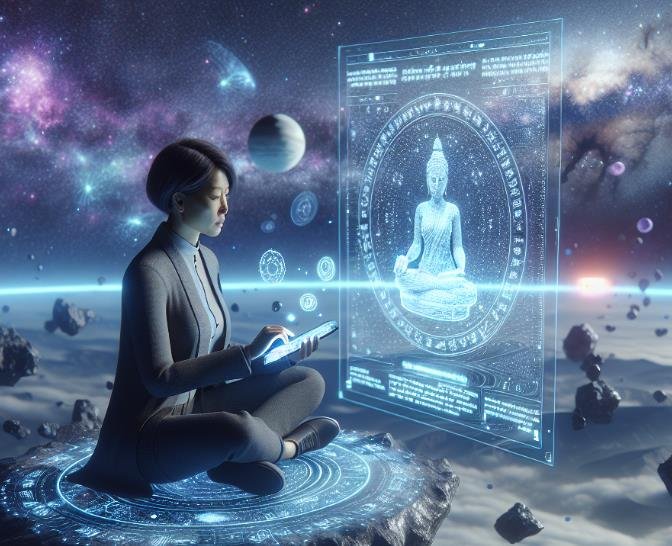In the pursuit of knowledge, science has long been a beacon of enlightenment, guiding humanity through the darkness of ignorance. Yet, as we stand at the precipice of understanding, a profound question emerges: Is the ultimate goal of science to comprehend the workings of God? This article delves into the intricate dance between scientific inquiry and spiritual contemplation, exploring how each step towards discovery is a step closer to the divine.
The relationship between science and religion has historically been one of contention and conciliation. On one hand, the empirical approach of science demands evidence and testable theories, while on the other, faith relies on the unseen and the unquantifiable. Yet, in this apparent dichotomy, there is a harmonious interplay where each domain enriches the other.

The quest for understanding our universe’s origins often leads to the contemplation of a higher power. The intricacies of the cosmos, from the vastness of galaxies to the precision of atomic particles, suggest an underlying order that transcends mere chance. The concept of intelligent design emerges not as a dismissal of scientific principles but as an acknowledgment of the complexity that may hint at a divine architect.
The Language of the Cosmos
Science speaks in the language of mathematics, a universal code that unlocks the secrets of the universe. The laws of physics, the constants of nature, and the elegance of equations all point towards a cosmos that is not random but finely tuned. This fine-tuning raises profound questions about the existence of a creator who set the parameters for life to flourish.
The Big Bang theory, the cornerstone of modern cosmology, implies a beginning to all things. This singularity, where time and space converge, aligns with the notion of a creation event. The further science probes into the depths of the universe, the closer it seems to come to the threshold of the divine, where the hand of God may have ignited the spark of existence.
The Ethical Implications of Scientific Discovery
As science advances, it brings with it a host of ethical considerations that challenge our moral compass. The ability to manipulate life at the genetic level, the prospect of artificial intelligence surpassing human cognition, and the power to alter the very fabric of reality all come with profound responsibilities.
These advancements prompt a reflection on the moral laws that govern our actions. The wisdom of religious teachings can provide a framework for navigating the ethical dilemmas posed by scientific progress. In this sense, science does not operate in a vacuum but within a larger context of meaning and purpose that religion helps to define.
















